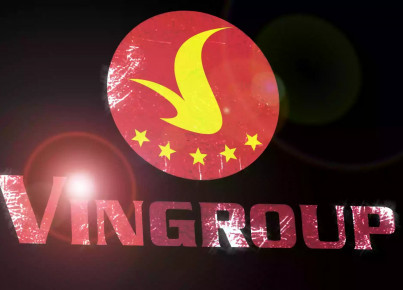In times of pandemic and rampant unemployment, young people in the ASEAN region have been able to reinvent themselves using new technologies and online streaming platforms. For companies that want to intercept the needs of this market segment, it is essential to know its characteristics and understand the values that animate this new generation of "digital natives".
In Southeast Asia, notably one of the world’s most highly digitized regions, the pandemic pushed 40 milion new users online online in 2020 alone. According to a report by Google in collaboration with the Singapore sovereign wealth fund Temasek and the US consulting firm Bain & Company, eight out of ten people in the region believe that the technology was of great support during the pandemic, thus becoming an integral and indispensable part of everyday life.
The so-called Generation Z, which includes those who were born between 1997 and 2021 and have no memory of the world before the advent of Web, is the protagonist of this trend. Traditionally associated with "hyperconnectivity, a constant attachment to their smartphones and the ability to easily learn new technologies and navigate websites and apps", they are the most assiduous frequenters of social media and meticulously take care of their online presence. In addition to embracing distance learning and revolutionizing their consumer experiences, contributing to the recent e-commerce boom, the GenZers have been able to show creativity by monetizing the sharing of their daily life in an attempt to cope with the surge in unemployment.
"I'll be uploading videos on just about anything, which includes beauty, random topics and also anything interesting (I hope) that I can set my mind to film." writes Shu Faye Wong, who to entertain its 20,253 followers on Twitch dedicates daily four to eight hours to streaming. Making money from online content sharing has become increasingly easy: since 2016 on Twitch one can use Bits, or virtual goods, to support favorite creators and streamers through donations of different value. Thanks to this feature, the Malaysian streamer received up to 3.000 ringgit (US$700) as a gift from a single user. The charm of these innovative opportunities for immediate gain does not spare even the most adult generations. For about a year now, Nauman Pasha from Singapore, a 32-year-old former digital manager, has made gaming his new full-time profession and can now count on the support of over 40,000 followers.
Also on the supply side, the potential of online entertainment in the ASEAN area is catalyzing increasing interest: Several companies are determined not to miss out on the opportunities of a market which is estimated to be worth more than US$300 billion by 2025.. "All eyes are on Southeast Asia as the world’s next consumer powerhouse, with its young population and increasing purchasing power," recalled Nick Waters, CEO of Dentsu Aegis Network Asia Pacific. “All eyes are on Southeast Asia as the world’s next consumer powerhouse, with its young population and increasing purchasing power”, pointed out Nick Waters, CEO of Dentsu Aegis Network Asia Pacific.
The Chinese video streaming platform iQIYI controlled by Baidu even plans to launch - in partnership with G.H.Y Culture & Media, one of the regional leaders in the production and distribution of films and dramas - an agency that deals with finding the most promising regional webstar to make them young ambassadors for the expansion of its business to the entire Asian continent. Similarly, 72% of the most famous brands have decided to allocate a significant share of their marketing budget to web influencers.
In an effort to meet the tastes and expectations of what is about to become the largest consumer base, however, companies must take into account some peculiarities that distinguish the Genzers from the Millennials of the previous generation. The primary value is authenticity: rather than being dazzled by celebrities, they prefer stories of ordinary daily life told by young people similar to them, of which they imitate consumer decisions as if they were friends in the offline world. It is in fact 1.3 times more likely that a "digital native" chooses to buy a product recommended by one of his favorite influencers. A survey conducted by Dentsu Aegis Network and Econsultancy also showed that GenZers represent "the most environmentally and socially ‘aware” market share, as their purchases are in parallel oriented to the values of ethics and sustainability in production.
Webstar life is no longer a "child’s play". And surfing the Internet is no longer just a hobby: thanks to the new features, the web opens up new opportunities for profit both for businesses and for users, being them content creators or receivers. The next challenge will be to reconcile the opportunities of accelerated digitalisation with the fulfilment of future consumers' expectations within the new paradigm of online interaction.






